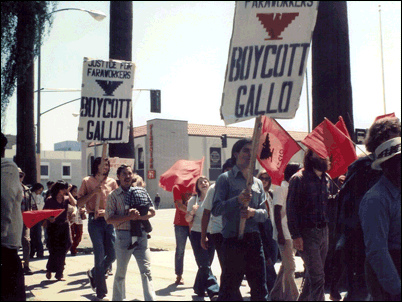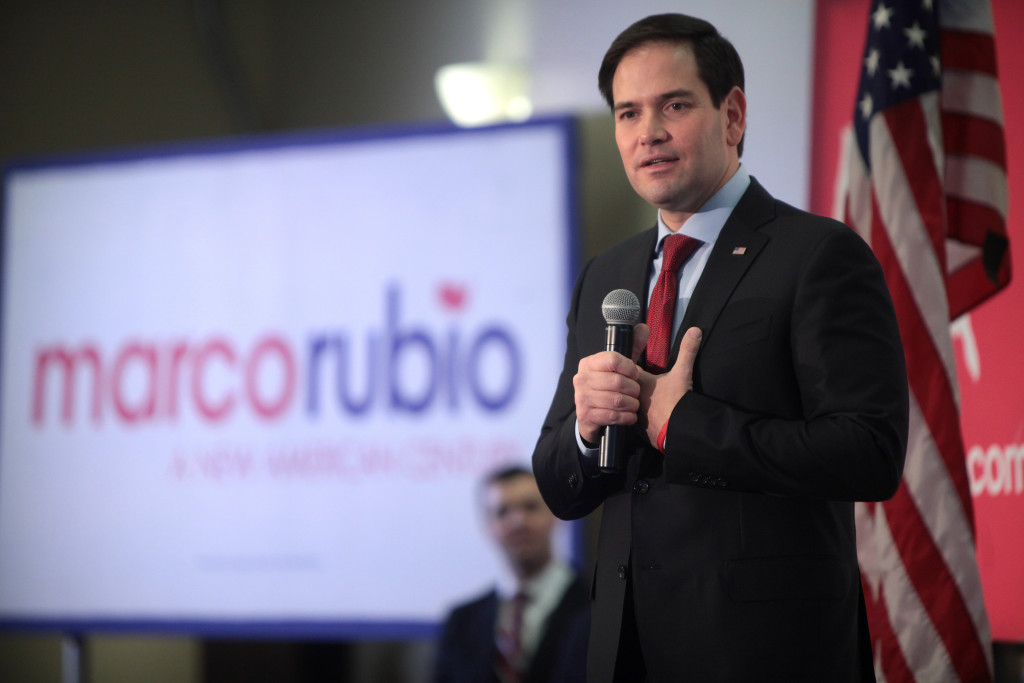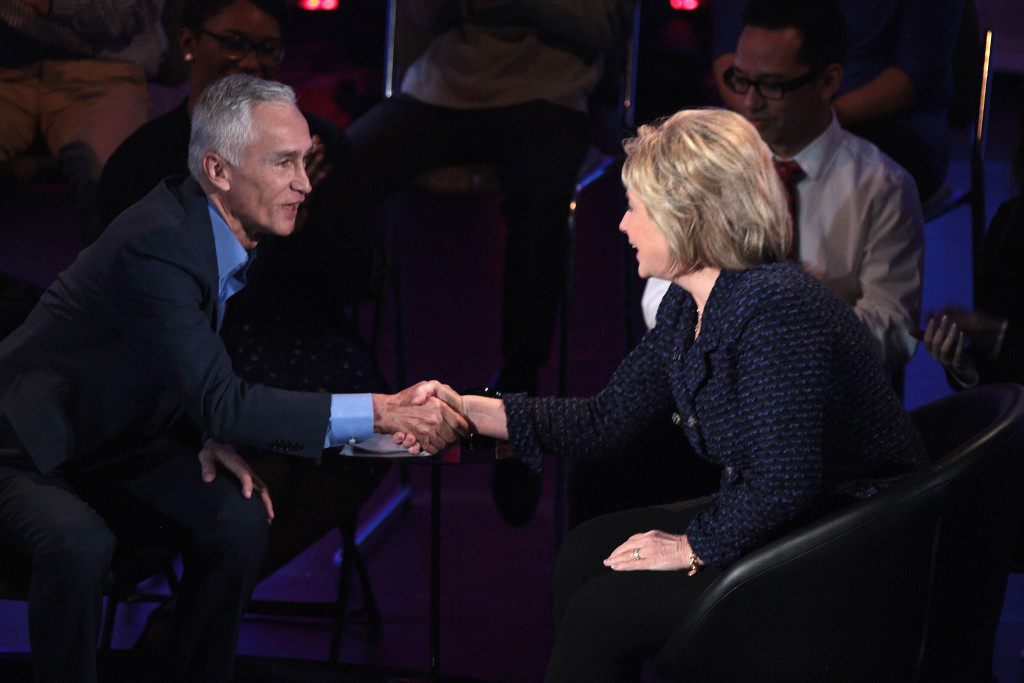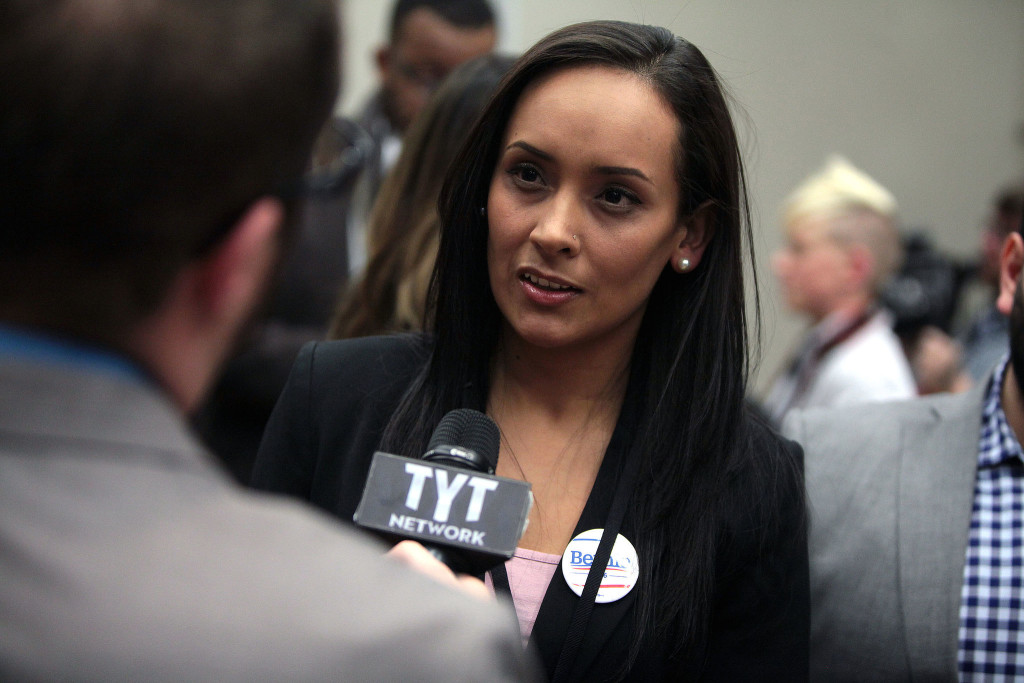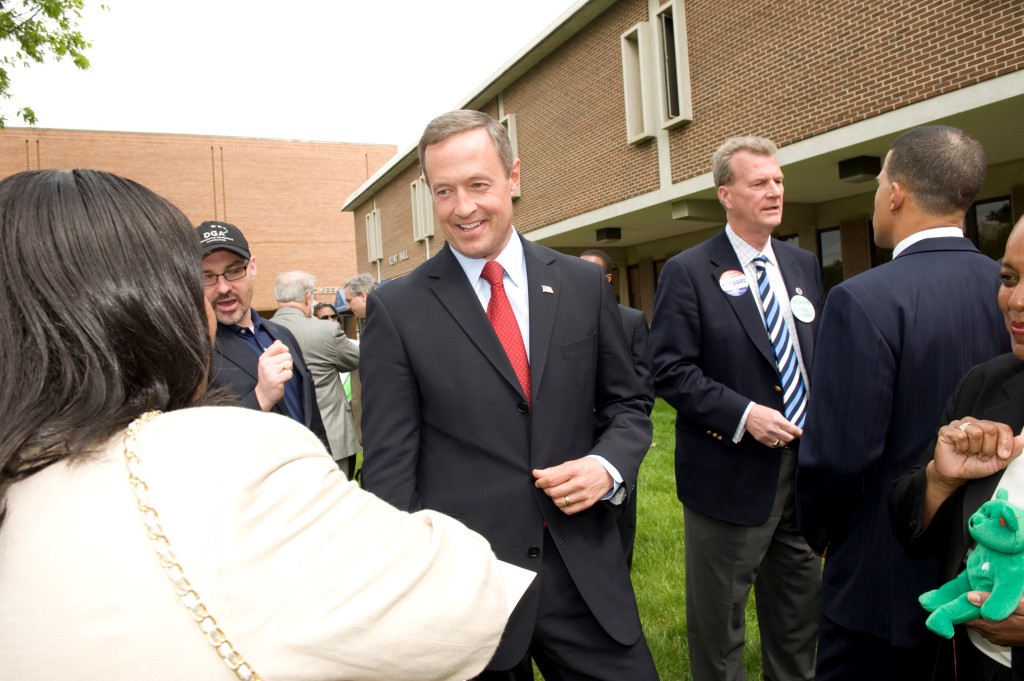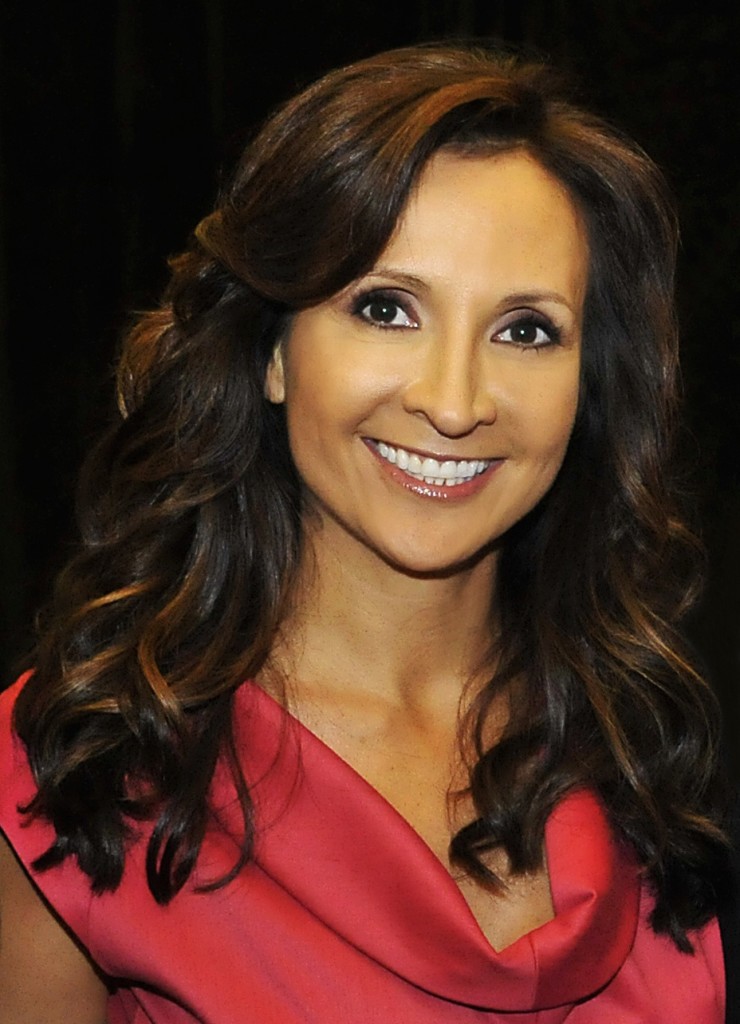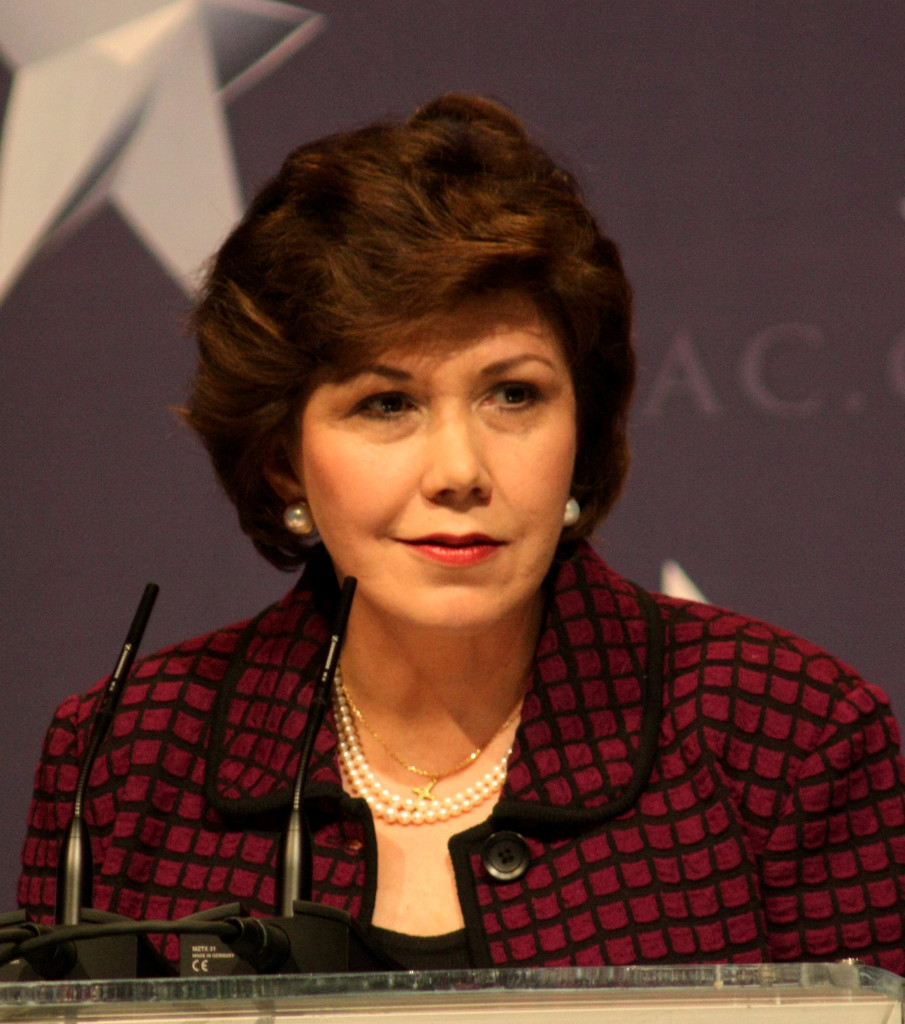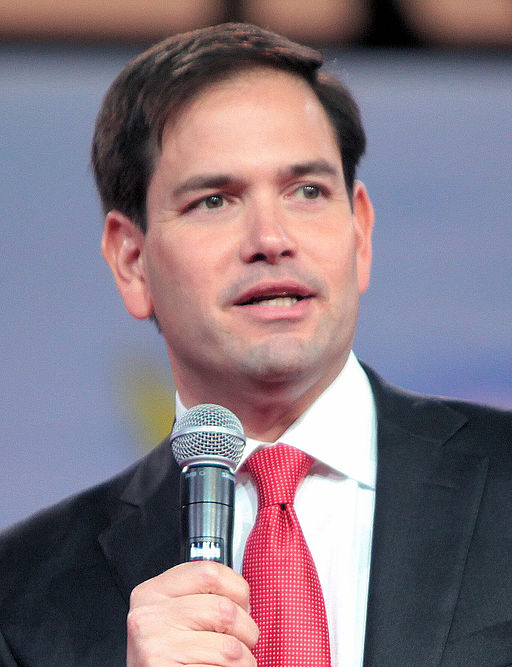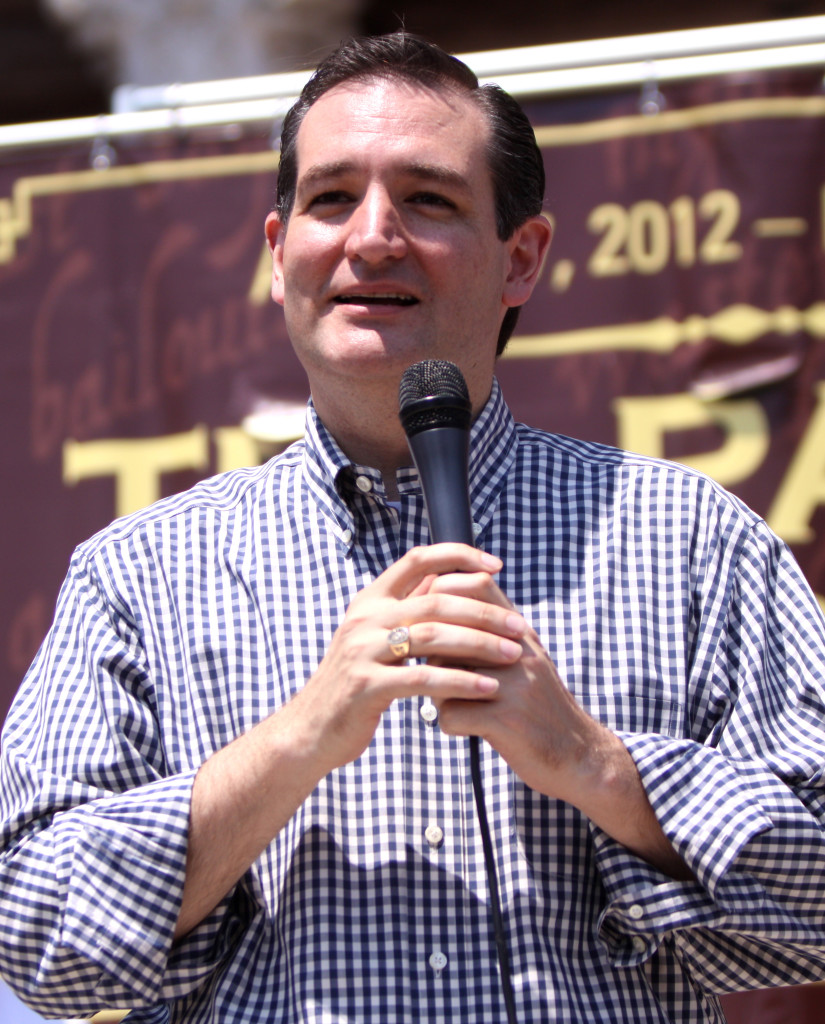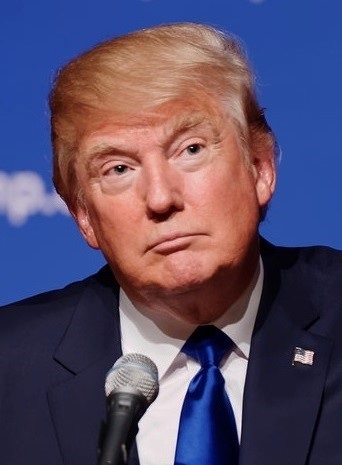In Berkeley, CA in 1964, Free Speech Movement leader Mario Savio decried the old institutions of social change had been compromised. Unions, universities, the government, all had been bureaucratized, which meant in the langue of their time, sterilized, scrubbed clean, and removed of their humanity. Liberalism had failed them; in the quest for systematic reform the engine of social changed and stalled and become a monstrous machine instead.
The time for radical change, possibly revolution, had come. It was time to destroy, to sacrifice all in an effort to make the uncaring machinations end. Savio passionately urged his fellow students:
There’s a time when the operation of the machine becomes so odious, make you so sick at heart that you can’t take part! Put your bodies upon the gears and upon the wheels, upon the levers, upon the apparatus—and you’ve got to make it stop! And you’ve got ot indicate to the people who run it, to the people who own it—that unless you’re free the machine will be prevented from working at all!
It was not just the white college students who voiced a general frustration with American society and politics. Young Chicanas, Chicanos, Native-Americans, and African-Americans all voiced their anger over government failure to address the problems that affected them. In the decades since the Great Depression, Americans had turned to the government as the main institution to provide them protection from a wildly fluctuating economic system that they were almost all universally dependent upon but had no control over individually. The state, through mindfully managed macroeconomic planning and social programs, would provide regular workers and citizens a certain level of security. But as the decades wore on, it seemed that the promises of liberalism and the proposed economic solutions were not reaching minority communities.
